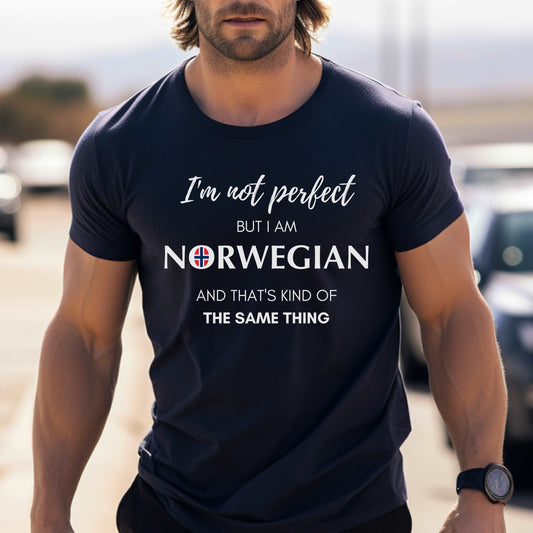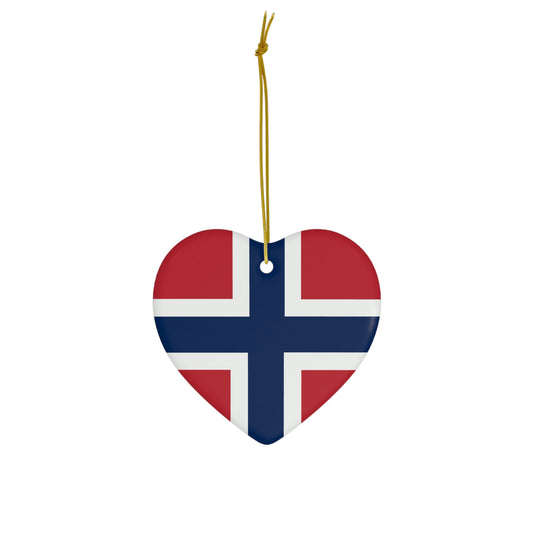The Vikings: Explorers, Warriors, and Traders of the Norse World
The Vikings, originating from the Nordic regions of Scandinavia, are one of history's most fascinating and often misunderstood peoples. Flourishing from the late 8th to the early 11th century, their influence extended across Europe and beyond, marked by exploration, trade, settlement, and sometimes raiding. This article delves into the world of the Vikings, shedding light on their culture, achievements, and enduring legacy in the modern world.
Origins and Expansion
The Viking Age is traditionally marked from 793 AD, with the infamous raid on the Lindisfarne Monastery in England, to 1066 AD, culminating in the Battle of Stamford Bridge. However, the seeds of Viking culture and society were sown long before these dates. Originating from modern-day Norway, Sweden, and Denmark, the Vikings lived in a harsh and challenging climate, which perhaps contributed to their resilient and adventurous spirit.
Society and Culture
Viking society was complex and multifaceted. It was organized into small, family-based units of society known as clans or kinship groups, with a strong sense of loyalty and honor. Their social structure included free men and women, thralls (slaves), and a class of leaders known as Jarls or Earls, who wielded considerable power.
Women in Viking society held significant rights compared to other cultures of the time. They could own property, request a divorce, and reclaim their dowries if their marriages ended. The Viking's religion and mythology, centered around the pantheon of gods such as Odin, Thor, and Freya, deeply influenced their daily life, artwork, and even their motivations for exploration and raiding.
Achievements in Exploration
The Vikings were remarkable seafarers, their voyages propelled by advanced sailing and navigational skills. They built sophisticated ships, like the longship, capable of navigating both the open sea and shallow rivers. These vessels enabled them to explore, trade, and raid across vast distances, reaching as far as the British Isles, the Mediterranean, the coasts of North Africa, and even North America, centuries before Columbus. The establishment of settlements in Iceland, Greenland, and briefly in Newfoundland (Vinland), are testaments to their adventurous spirit and capabilities.
Trade and Economy
While often remembered for their raids, the Vikings were also skilled traders and craftsmen. They established trade routes that connected the Nordic countries with the rest of Europe, the British Isles, the Baltic, and even parts of Asia through the Volga and Dnieper trade routes to the Byzantine Empire and the Islamic Caliphates. They traded goods such as furs, walrus ivory, honey, and slaves in exchange for silver, silk, spices, and other luxury items.
Legacy and Influence
The Viking Age left an indelible mark on the history of Europe. The Viking raids and settlements significantly impacted the development of medieval Europe, leading to the rise of cities and the formation of nations as communities banded together for protection. Their legacy is also evident in modern laws, language, and place names across the regions they influenced.
The sagas, a rich literary tradition of stories and histories written in the Old Norse language, provide a valuable insight into Viking culture, beliefs, and the world as they saw it. Today, archaeological discoveries continue to shed light on this intriguing period, offering a more nuanced understanding of the Vikings beyond the raiders of popular imagination.
Conclusion
The Vikings were much more than the fearsome warriors of legend. They were explorers, settlers, traders, and creators of a rich cultural tapestry that has left a lasting legacy across the world. Their spirit of adventure, craftsmanship, and societal structure contribute to our understanding of human history and the interconnectedness of cultures. As we uncover more about the Vikings, we gain not only a greater appreciation for their achievements but also insights into the complexities of their society and the enduring impact of their legacy.











